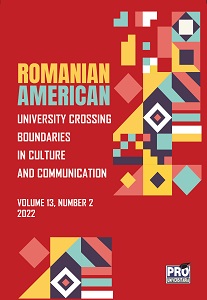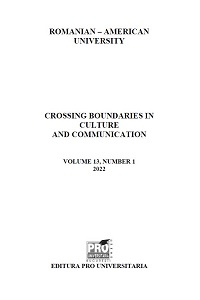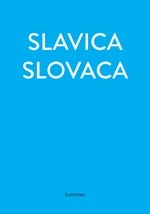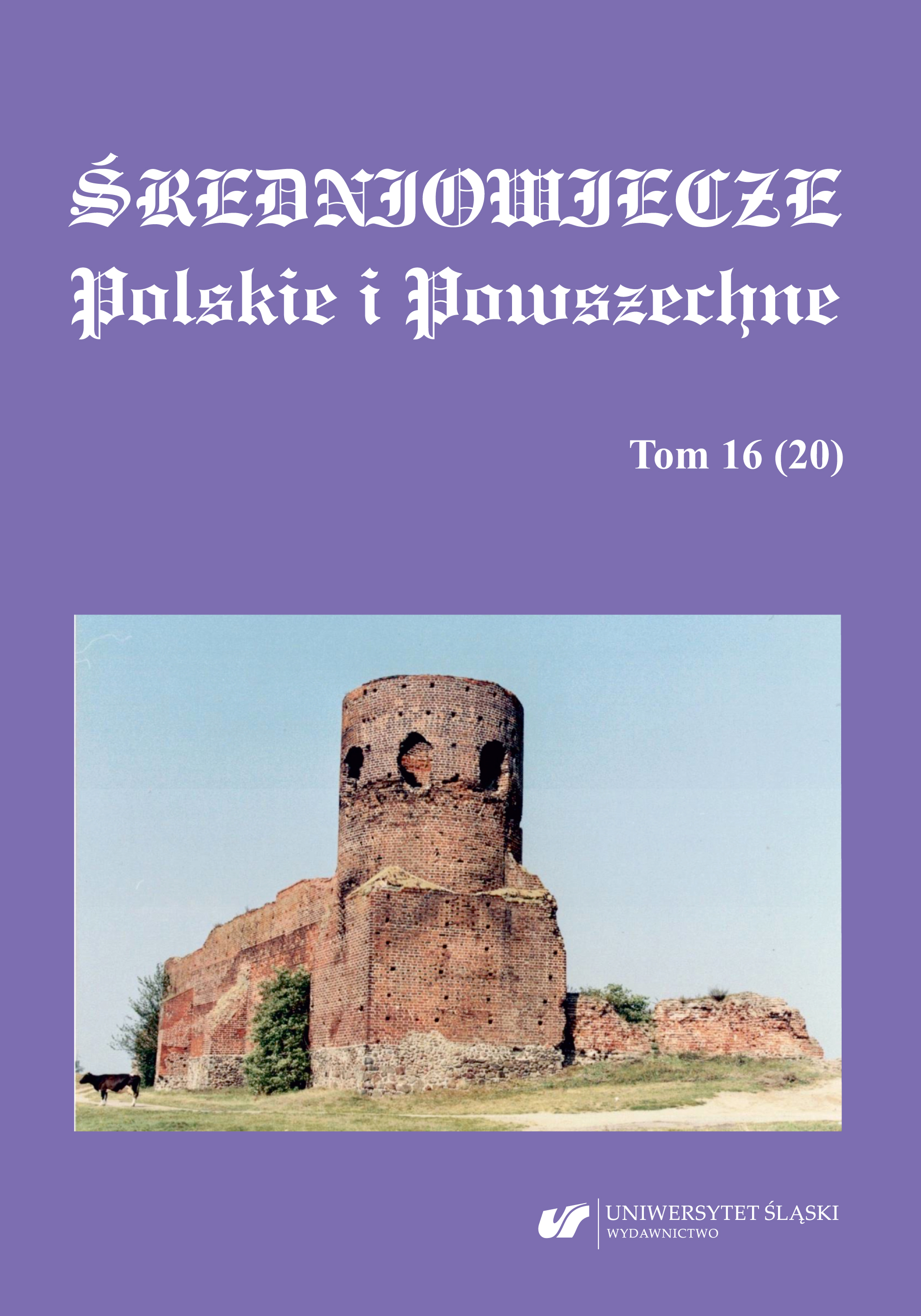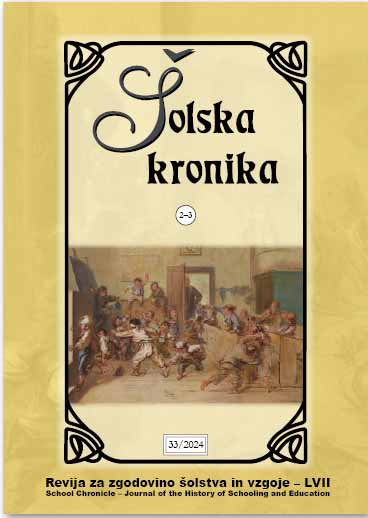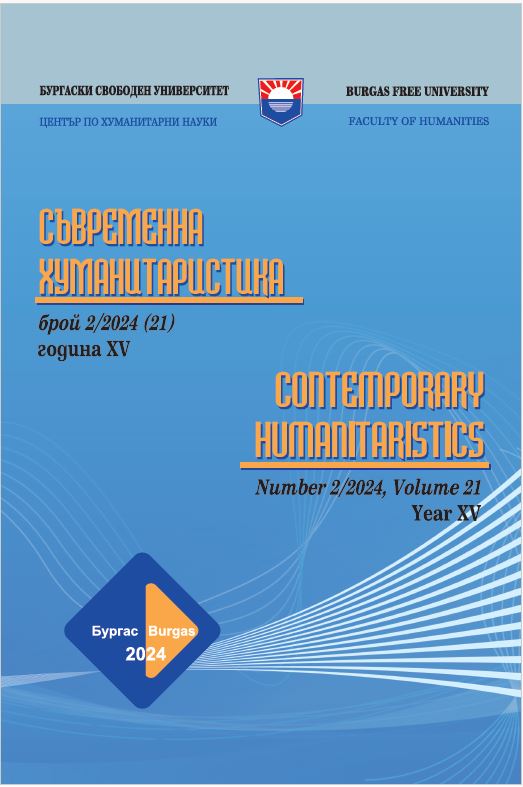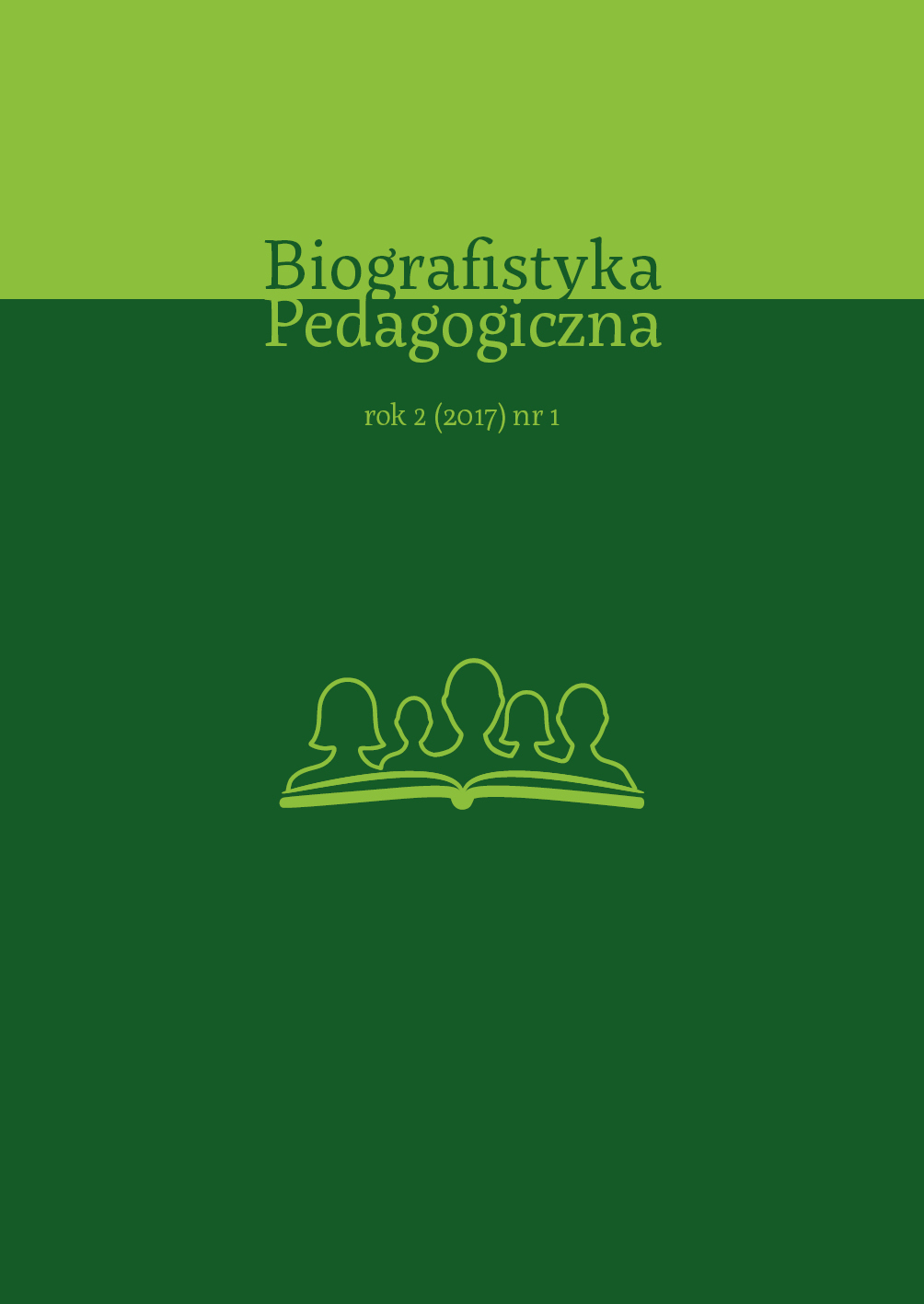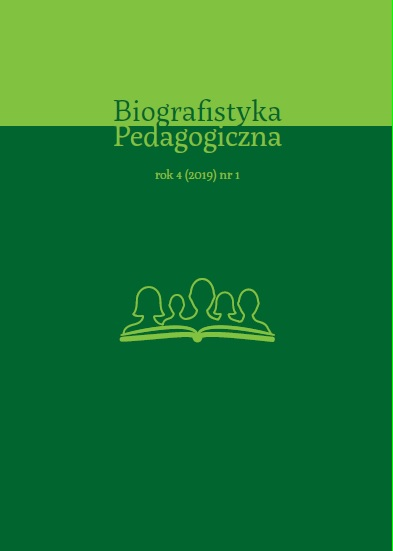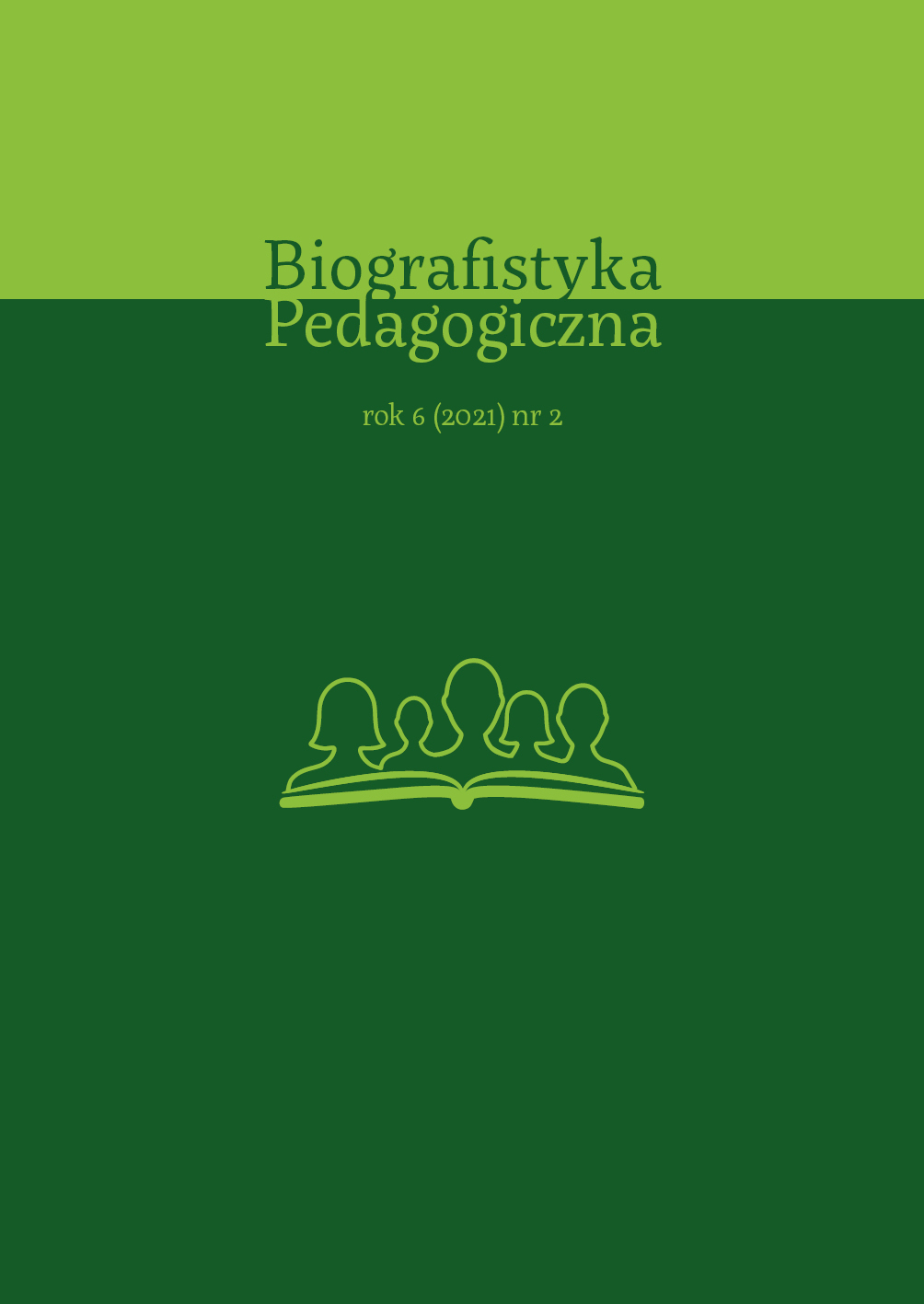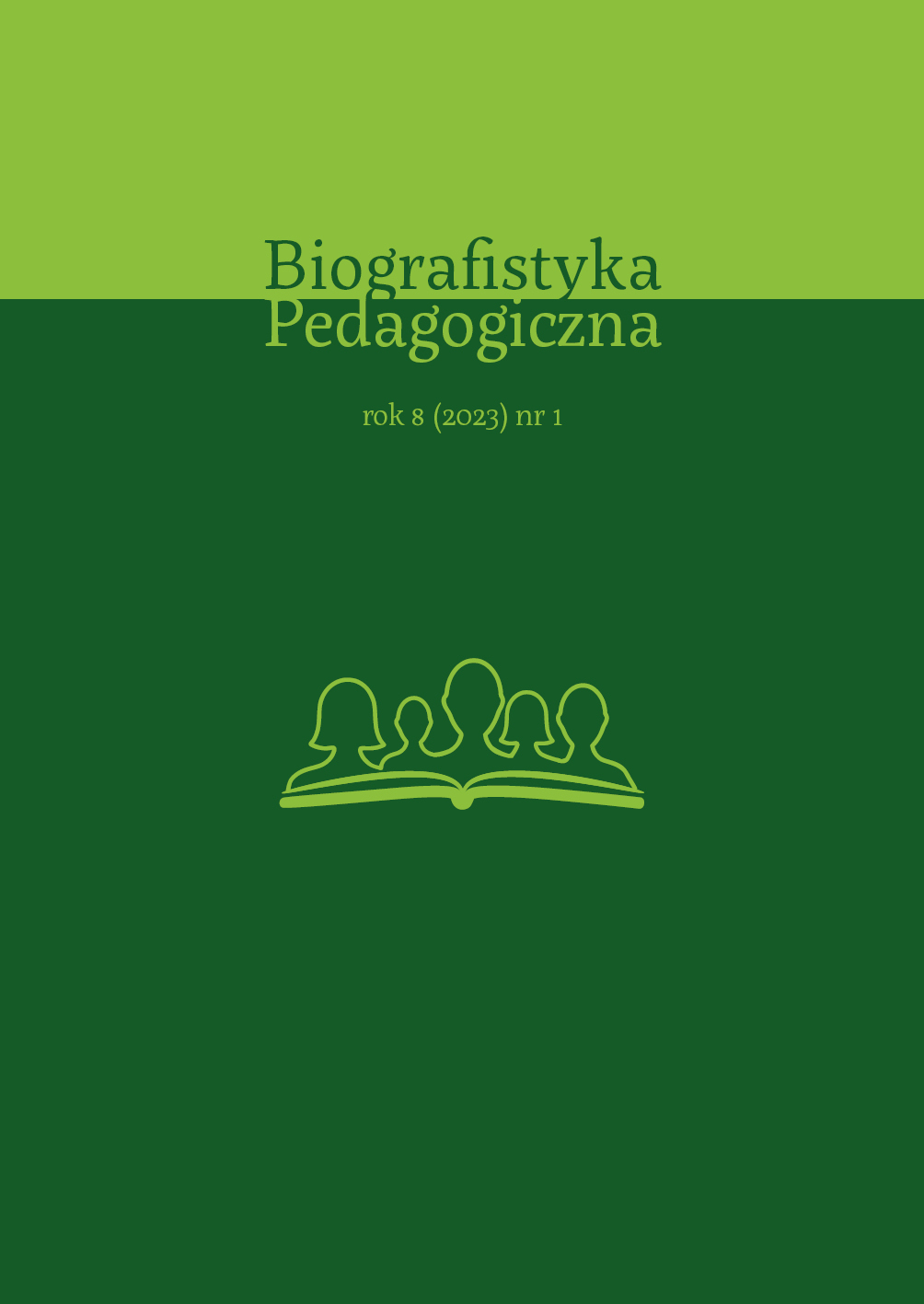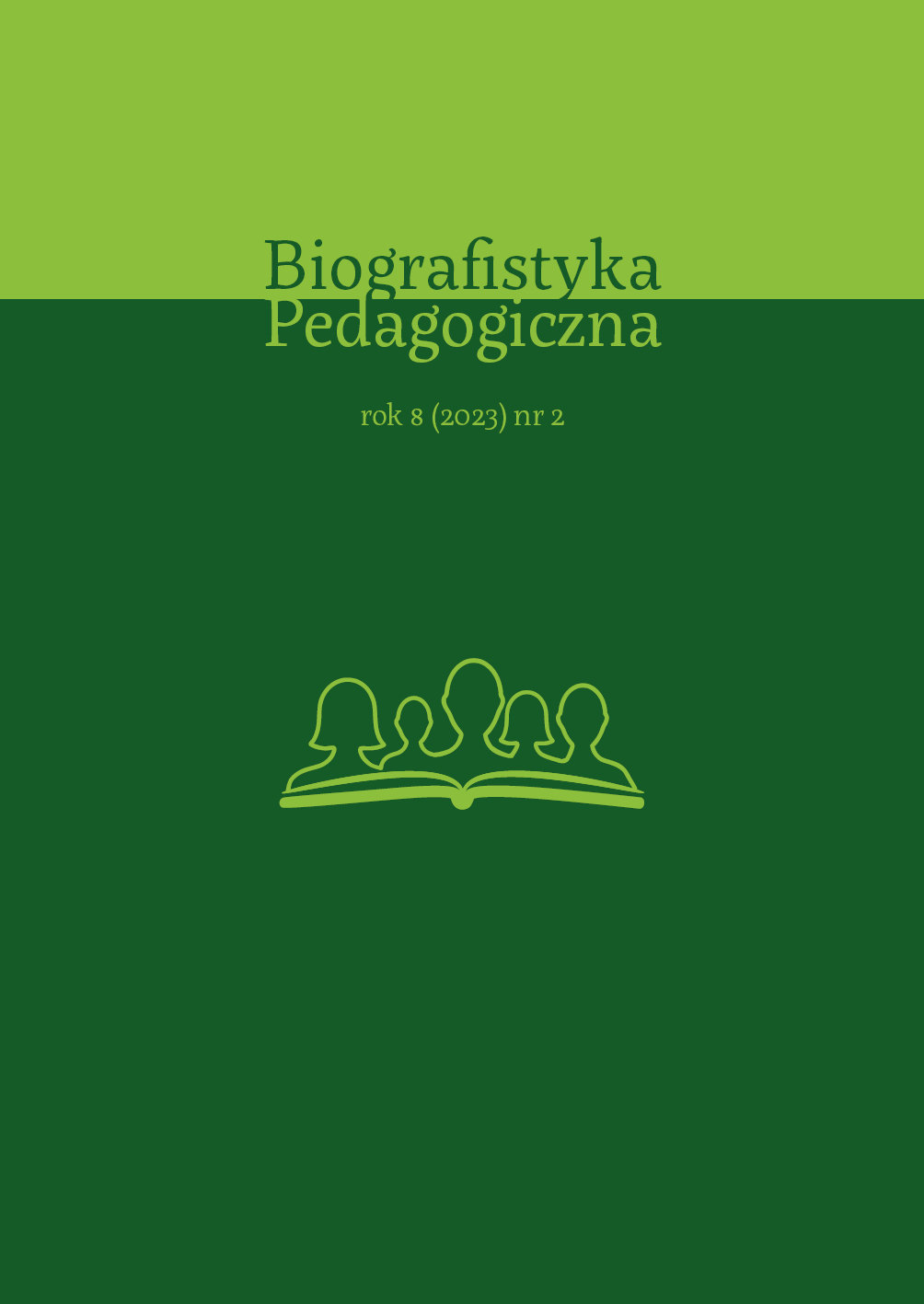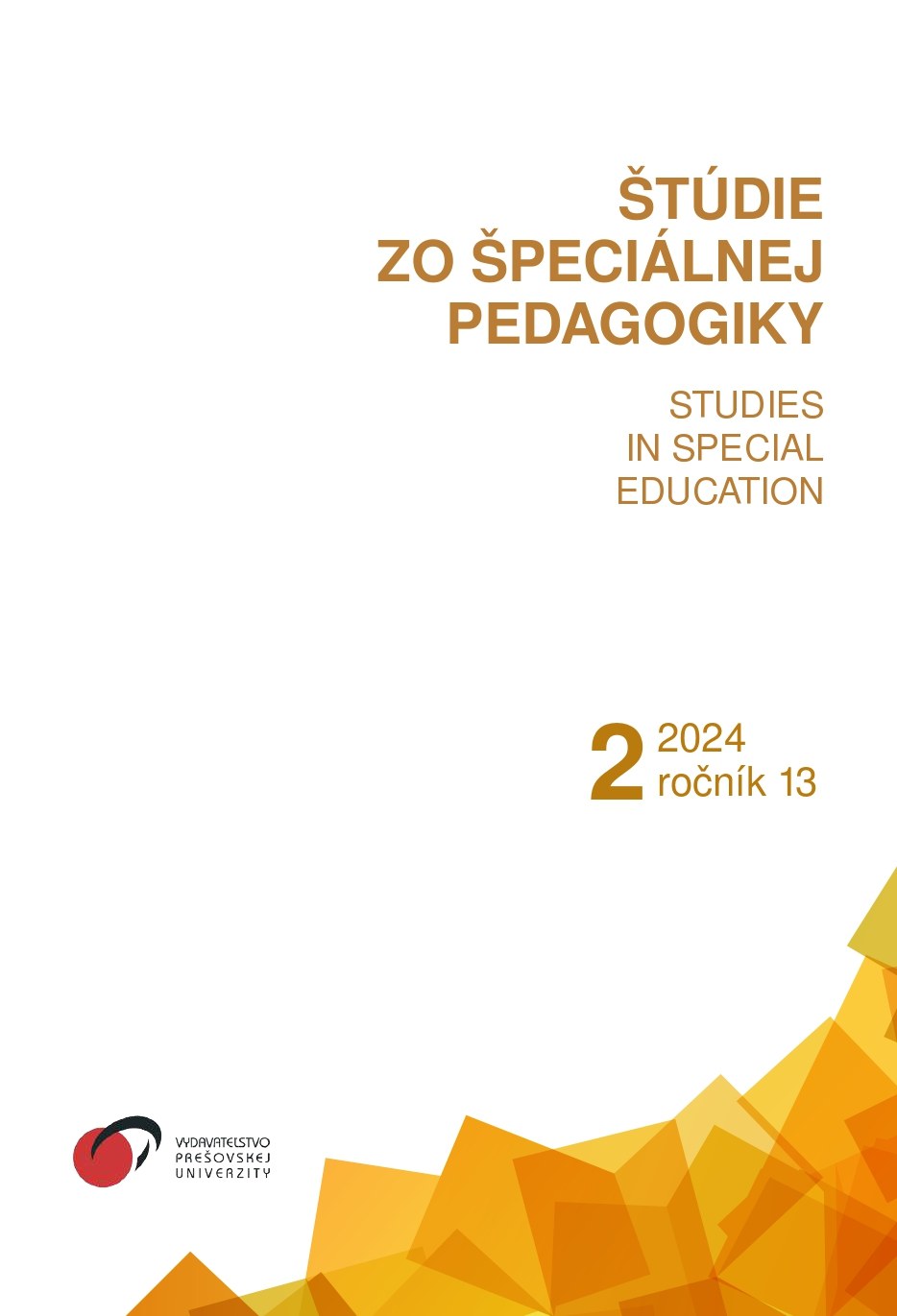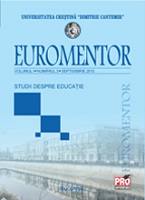
THE EFFICIENCY OF APPLICATION OF VARIOUS MODELS SUCH AS BLENDED LEARNING, FLIPPED LEARNING, CASE METHOD IN A PROFESSIONAL SPHERE IN FOREIGN LANGUAGE TEACHING
The article explores the strengths and limitations of blended learning, flipped learning and case method. The purpose of our study is to identify the efficiency of application of such approaches in a professional sphere in foreign language teaching. The methodology of this study involves the scientific method of analysis. Today, technology has impacted all fields of society: science, media and social interactions, and above all education. In the field of foreign language education, the influence of cutting-edge technology appears to be more crucial. Nowadays traditional classroom doesn`t suit the students who are no longer interested in print textbooks. Moreover, teachers must find ways to apply effectively information and communication technologies in the learning process. One of the ways is the concept of blended learning. It implies the optimal combination of traditional pedagogical technologies and distance, online learning. It encourages: access to knowledge; social interaction; cost effectiveness and ease of revision; increased access and flexibility; an increased cost and effectiveness. Another trend is flipped learning. It is an instructional approach in which instruction occurs in advance and classroom time is maximized. The effectiveness of such approaches is clear. The authors consider it indisputable that blended learning, flipped learning and case method should be used to some extent for students of all majors.
More...
